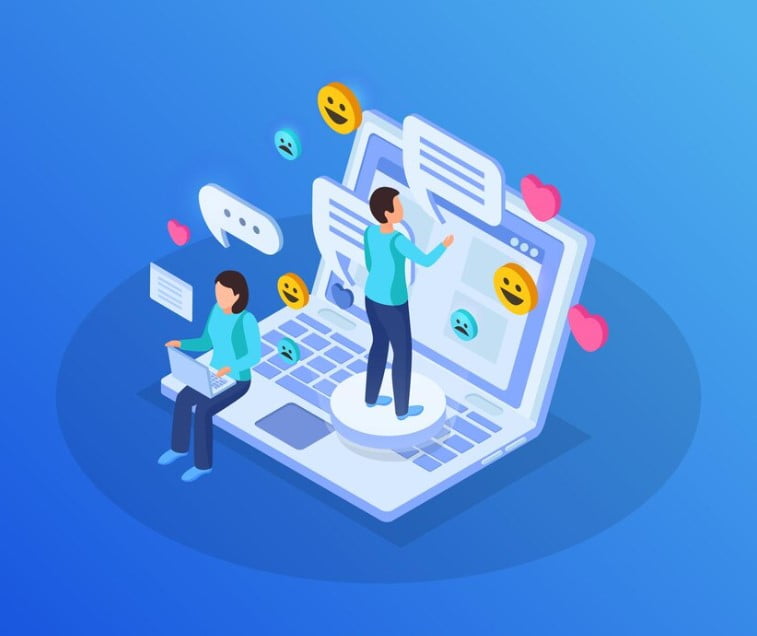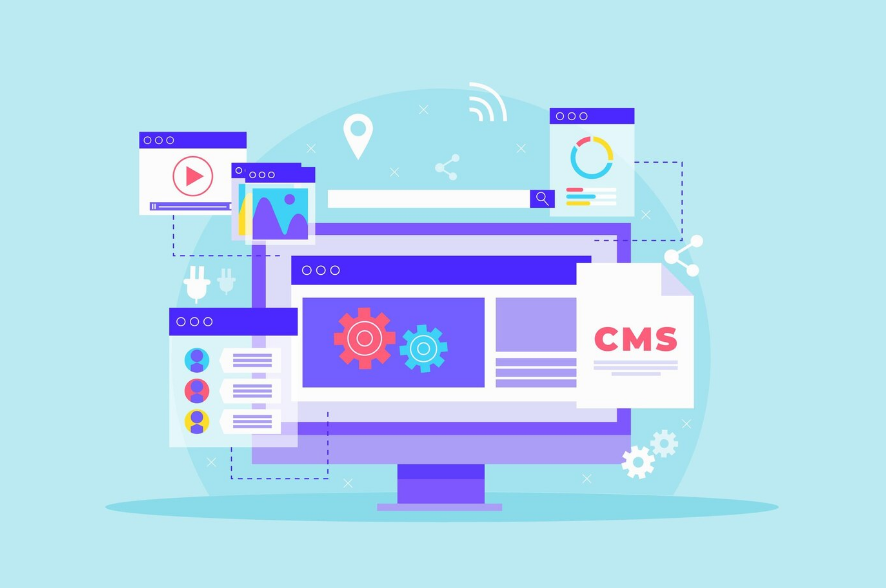Have you ever considered creating or consuming anonymous content online? With the rise of online anonymity, individuals can share their thoughts and opinions freely, without fear of repercussions. However, as the online world evolves, safeguarding your identity and ensuring content privacy has become increasingly important.
In this article, we explore the concept of anonymous content and the various aspects of navigating the online realm while protecting your identity. We discuss the importance of online anonymity and content privacy, and delve into the potential benefits and drawbacks of creating and consuming anonymous content.
Join us as we explore the strategies and tools for protecting your identity while posting anonymous content online. We will also discuss the potential ethical considerations and the need to strike a balance between anonymity and responsibility. So, whether you are actively creating anonymous content or simply curious about this fascinating realm of online expression, this article is for you.
Get ready to discover the power of anonymous content and how it can shape the future of online communication.
Table of Contents
Understanding Anonymous Content
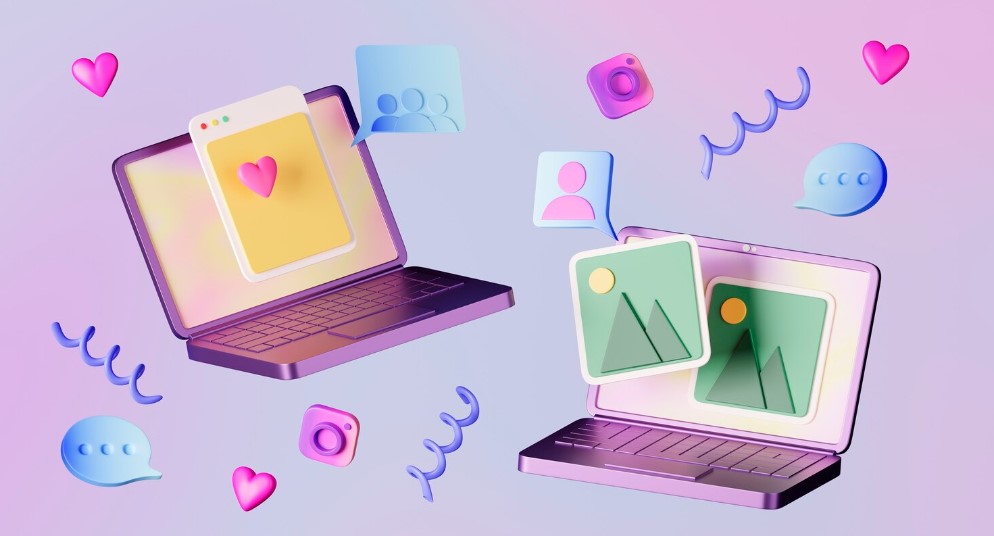
Anonymous content refers to creations produced without identifying the author’s name publicly or submitting it under a pseudonym. Online anonymity provides individuals with the freedom to express themselves openly without fear of retribution. Anonymous content creation is a means for individuals to express personal experiences without judgment from peers, friends, or family members.
One major benefit of anonymous content creation is the potential to elevate marginalized voices and viewpoints, which may be otherwise overlooked or dismissed. Anonymous content platforms allow individuals to share their stories and perspectives without the potential risk of public scrutiny. Anonymous content creation can also help individuals who may be worried about their privacy or security to feel more secure when they share.
However, there are also potential drawbacks to the creation and consumption of anonymous content. Online anonymity can encourage individuals to share inflammatory or offensive content, which can lead to harassment or bullying. Anonymous content can also raise questions about its authenticity and credibility, and whether the creator is qualified to share an informed opinion or perspective on a given subject.
In conclusion, creating and consuming anonymous content has its advantages and disadvantages. It’s important to consider how anonymous content creation can impact yourself and others before sharing. By understanding the significance of anonymous content, you can navigate the realm of unattributed creations with responsibility and consideration for others.
Protecting Your Identity Online
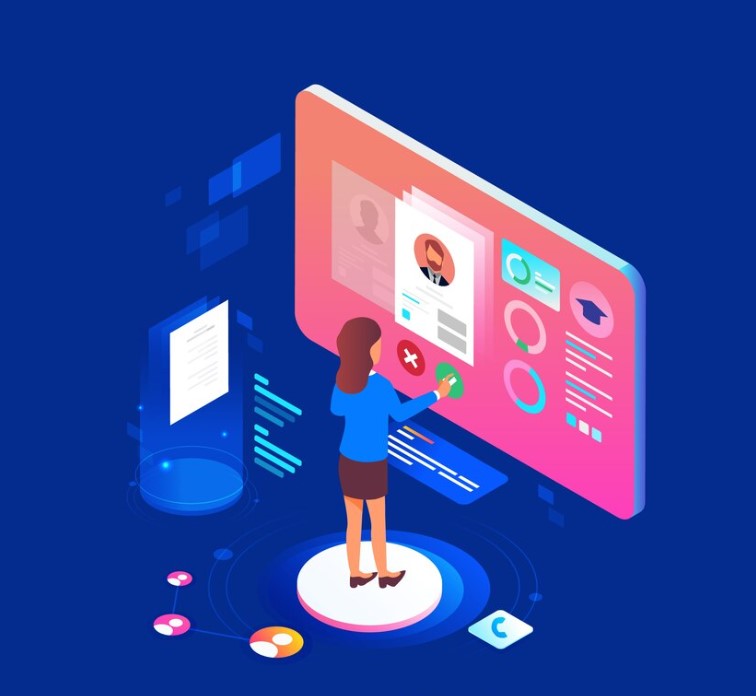
When posting anonymous content online, protecting your identity is crucial to ensure your privacy and safety. Here are some strategies and tools to help you keep your online presence untraceable:
Content Security
Ensure that your content is secured by using encryption tools that prevent unauthorized access to your data. You can use virtual private networks (VPNs) to encrypt your internet connection and protect your online activities.
Anonymous Posting
Posting anonymously is a crucial aspect of protecting your identity online. When posting on forums or social media platforms, avoid revealing identifiable information, including your name, email address or phone number.
Protected Identity
Creating a protected identity is essential when you want to post anonymously online. Consider creating a new email address and username that are not associated with your real identity. This way, you can maintain anonymity while online.
By implementing these strategies and tools, you can safeguard your online identity and enjoy the benefits of creating and sharing anonymous content.
Secure Channels for Anonymous Content
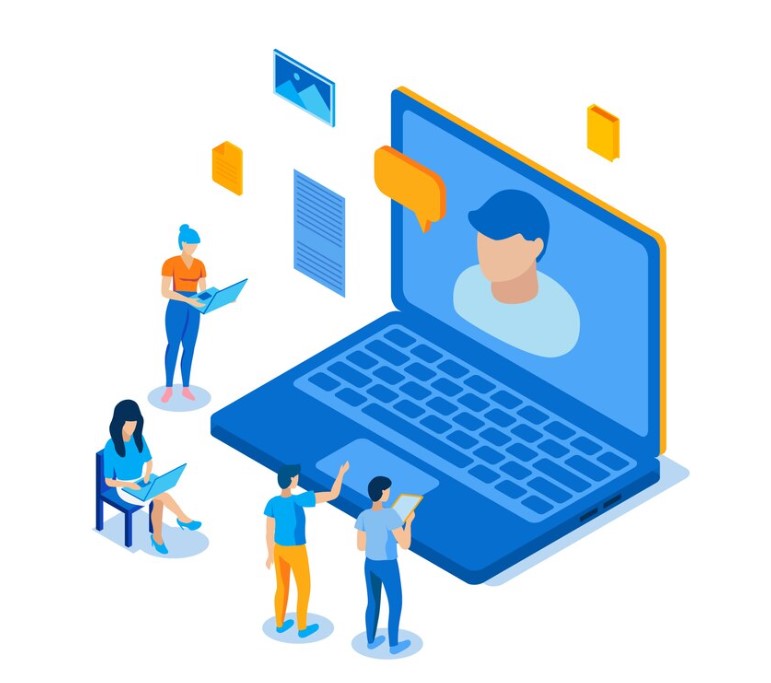
When sharing or creating anonymous content online, security is of the utmost importance. Luckily, there are several secure channels available to help you maintain your anonymity.
Anonymous Websites
Anonymous websites are designed to protect the identity of their users. They do this by using encryption, anonymous servers, and other security measures. Some popular anonymous websites include Tor and I2P.
Protected Identity
Maintaining a protected identity is essential when creating or sharing anonymous content. To do this, you can use a virtual private network (VPN) to mask your IP address and encrypt your connection. There are several reputable VPN providers available, including NordVPN and ExpressVPN.
Anonymous Browsing
While browsing the internet, you can use anonymous browsing services to prevent websites from tracking your online activity. This can be achieved by using the Tor Browser or the Brave Browser.
| Secure Channel | Description | Examples |
|---|---|---|
| Anonymous Websites | Use a VPN to mask your IP address and encrypt your connection to maintain a protected identity. | Tor, I2P |
| Protected Identity | Using a VPN to mask your IP address and encrypt your connection to maintain a protected identity. | NordVPN, ExpressVPN |
| Anonymous Browsing | Preventing websites from tracking your activity through the use of anonymous browsing services. | Tor Browser, Brave Browser |
By utilizing these secure channels, you can create and share anonymous content with confidence and privacy.
The Power of Anonymous Blogging
Anonymous blogging provides a unique opportunity for individuals to share their thoughts and opinions without fear of retribution. Whether you’re an activist looking to voice dissenting views or simply seeking a safe space to express yourself, anonymous blogging can empower you to do so freely and without reservation.
By remaining anonymous online, you can protect your identity and maintain your privacy while still engaging with a wider audience. Anonymous blogging platforms allow you to create an online presence that is separate from your real-world identity, enabling you to express yourself honestly and openly without the risk of personal or professional repercussions.
Furthermore, anonymous blogging provides a means of communication that is often more candid and authentic than traditional media outlets. Without the burden of association with a specific brand or media organization, anonymous bloggers can speak their minds on any number of subjects, from politics and culture to personal anecdotes.
In addition to the unique perspectives offered by anonymous blogging, this platform also provides a space for marginalized voices and those seeking refuge from online harassment and bullying. By allowing individuals to speak freely without fear of retaliation, anonymous blogging can help foster a more inclusive and diverse online community.
Whether you’re looking to amplify your voice, connect with like-minded individuals, or simply share your experiences with the world, anonymous blogging can offer a powerful means of doing so. By embracing the anonymity afforded by online platforms, you can take control of your online presence and use it to make a meaningful impact.
Anonymous Content and Freedom of Speech
Online anonymity provides a shield for individuals to express their opinions, views, and activism without fear of retribution. Anonymous content has the potential to promote freedom of speech and protect the more vulnerable voices in society. While some may present their opinions with less accountability and go beyond the ethical boundaries of free speech, it’s essential to support the practice.
Anonymous content has paved the way for various societal movements while protecting their characters and identities. Whether it’s the #MeToo movement or LGBTQ protests, the freedom in anonymous content enables individuals to express their views without facing consequences. For example, unverified facts and conspiracy theories can generate heated debates in anonymous environments.
However, the implications of anonymous content creation are not limited to the positive promotion of progressive values and beliefs without fear of retribution. It also opens the door to harmful speech, such as hate, harassment, and cyberbullying. When online hate speech connects with people in the physical world, the consequences could be life-threatening or require legal involvement.
The anonymity of the internet can unleash a harmful side of humanity, often with few legal repercussions, making individuals unaccountable for their words and actions. As such, considerations of ethical usage and responsible engagement with anonymous content creation are necessary. Striving for responsible behavior while creating anonymous content leads to a desirable outcome for users and the greater good in society.
Balancing Anonymity and Responsibility
When creating anonymous content, it’s important to strike a balance between anonymity and responsibility. It’s easy to feel empowered when hiding behind a protected identity, but it’s vital to remember that your actions still have consequences.
Before posting, consider any potential ethical considerations. Ask yourself if your content could cause harm or infringe on someone else’s rights. If the answer is yes, it’s best to err on the side of caution and refrain from posting.
Respecting boundaries is also key when creating anonymous content. Even though you may be anonymous, it’s important to respect the privacy of others. Revealing personal information about someone else without their consent is never okay, even if you feel like you’re protected by online anonymity.
Ultimately, balancing anonymity and responsibility when creating anonymous content ensures that you’re being a responsible online citizen. It shows that you’re aware of the impact your content can have on others and are willing to take appropriate action to avoid causing harm.
Legal and Ethical Considerations of Anonymous Content
Creating anonymous content carries certain legal and ethical considerations that must be carefully considered. Content creators must understand the potential consequences and liabilities associated with creating or sharing anonymous content. This section provides an overview of some of the legal and ethical issues relevant to anonymous content creation.
Legal Considerations
While anonymous content creation can provide the freedom to express oneself without fear of repercussions, it can also lead to legal consequences. In some cases, anonymous content can run afoul of laws related to defamation, copyright infringement, or state secrets. Understanding the rules and regulations surrounding anonymous online activities can help content creators avoid legal issues.
Ethical Considerations
Creating anonymous content can also carry ethical considerations. Content creators must balance the freedom of expression afforded by online anonymity with the responsibility to exercise that freedom within the bounds of ethical and moral principles. It is essential to avoid causing harm or infringing on the rights of others while creating anonymous content.
In conclusion, understanding the legal and ethical considerations of anonymous content creation is crucial for anyone who creates or consumes it. Protecting your identity, maintaining content privacy, and balancing anonymity with responsibility are vital elements to consider in the creation of anonymous content.
Anonymous Content and Online Communities
In the realm of online communities, anonymous content can have both positive and negative impacts on the dynamics of these groups. On one hand, anonymous postings can provide a safe space for individuals to share their thoughts and opinions freely, without fear of judgment or retribution. This can lead to a sense of community and solidarity amongst anonymous members, as well as promote open and honest discourse.
However, anonymous content can also lead to negative effects on online communities. Without a clear sense of accountability, anonymous members may feel emboldened to engage in toxic or harmful behavior towards others, which can lead to conflict and division within the group. Additionally, moderating and managing anonymous content can be challenging, as it requires a delicate balance between protecting the privacy of individuals while also maintaining a safe and respectful environment for all members.
Challenges of Moderating Anonymous Content
One of the biggest challenges of moderating anonymous content within online communities is the difficulty of identifying and addressing problematic behavior. Without a clear way to track individual user activity or enforce consequences for inappropriate conduct, moderators must rely on community standards and peer reporting to maintain order and minimize harm. This can be especially challenging in larger communities with anonymous members, as the sheer volume of content can make it difficult to monitor and respond to all instances of misconduct.
The Role of Protected Identity in Anonymous Content Creation
Another important aspect of anonymous content within online communities is the need for individuals to maintain a protected identity while participating. This may involve taking steps to safeguard personal information and avoid revealing identifying details, such as through the use of alternate email addresses or usernames. By adopting these measures, individuals can participate in anonymous content creation while minimizing the risks associated with online anonymity, such as doxxing or cyberbullying.
Overall, anonymous content has become an increasingly important part of online communities, offering individuals a space to share their thoughts and opinions without fear of reprisal. However, in order to fully embrace the benefits of anonymous content, individuals must also be aware of the challenges and responsibilities that come with creating and participating in these spaces. By maintaining a strong sense of community standards and a commitment to responsible behavior, we can ensure that anonymous content remains a valuable tool for online connection and expression.
The Future of Anonymous Content
The realm of anonymous content creation is continually evolving, and there is no doubt that the future will bring forth exciting trends and developments in this area. With the proliferation of online anonymity and the growing recognition of the importance of content privacy, we can expect to see several changes in the years to come.
Potential Advancements in Technology
As technology advances, we can expect to see new tools and platforms that prioritize user privacy and protect against unwanted surveillance. The emergence of blockchain-based anonymous networks and encrypted messaging services could provide greater security and anonymity for those creating and sharing anonymous content.
Potential Shifts in Societal Attitudes
The social stigmatization of anonymous content may change in the future, as more individuals recognize the value and power of anonymous expression. We can also expect to see a rise in anonymous content related to significant social, political, and human rights issues, which may stimulate meaningful debates and social change.
The Impact on the Creation and Consumption of Anonymous Content
With the growth of online anonymity, we can expect to see a significant increase in the creation and consumption of anonymous content. This trend may encourage individuals to express themselves more candidly and creatively, free from the constraints of identity politics or social norms. The challenge will be to balance this newfound freedom with the responsibility to maintain ethical, legal, and social boundaries.
Conclusion
Throughout this article, you have learned about the concept of anonymous content and the importance of navigating the online realm while protecting your identity. We have explored the meaning and significance of anonymous content and discussed the potential benefits and drawbacks of creating and consuming anonymous content.
Protecting your identity online is crucial when creating anonymous content. We have explored various strategies and tools to help safeguard your content and maintain a protected identity. We have also discussed the importance of utilizing secure channels to create and share your anonymous content.
Anonymous blogging can be a powerful tool for expressing your thoughts and opinions freely while maintaining an anonymous online presence. We have explored the relationship between anonymous content and freedom of speech, as well as the implications of anonymous content in society.
While engaging in anonymous content creation, it is essential to maintain responsible behavior and strike a balance between anonymity and responsibility. We have discussed the potential legal and ethical considerations surrounding anonymous content creation, as well as its impact on online communities.
As we move forward, the future of anonymous content creation will continue to evolve. Advancements in technology and changes in societal attitudes may impact the creation and consumption of anonymous content. However, the need to protect your identity, maintain content privacy, and balance anonymity with responsibility will remain critical.
In conclusion, navigating the realm of anonymous content creation requires a deep understanding of online anonymity, content privacy, and protected identity. By following the strategies and principles outlined in this article, you can confidently and responsibly engage in anonymous content creation while protecting yourself and others.

